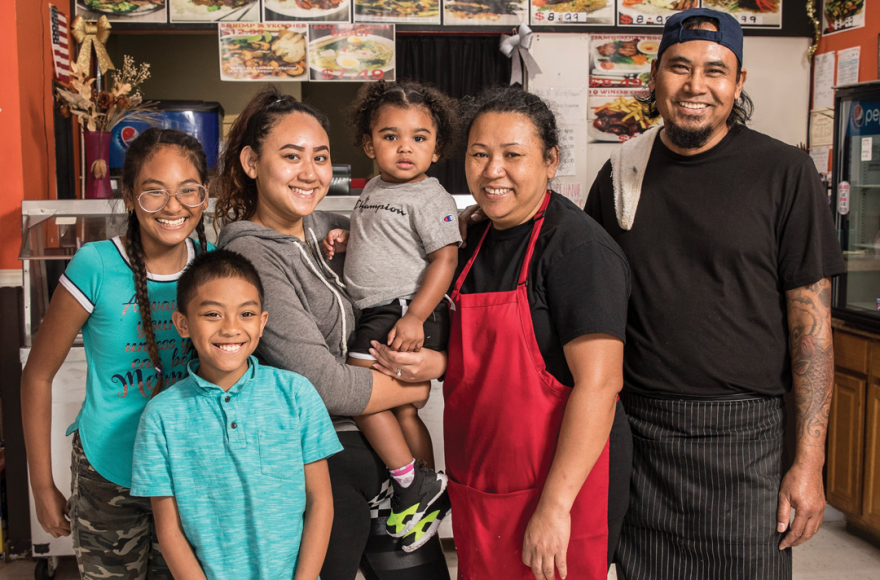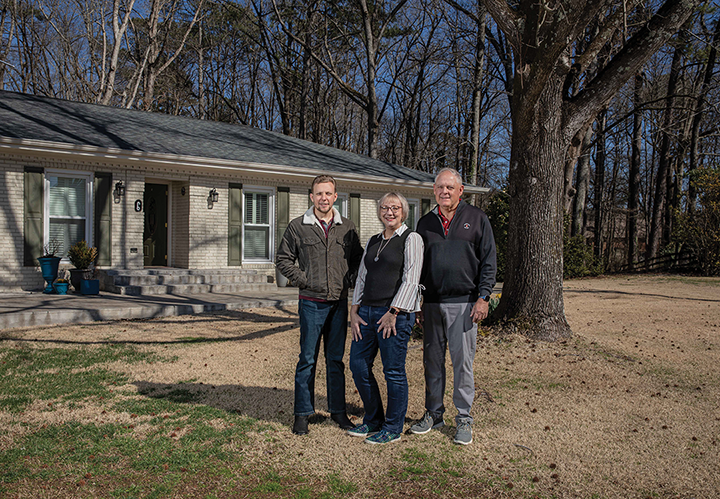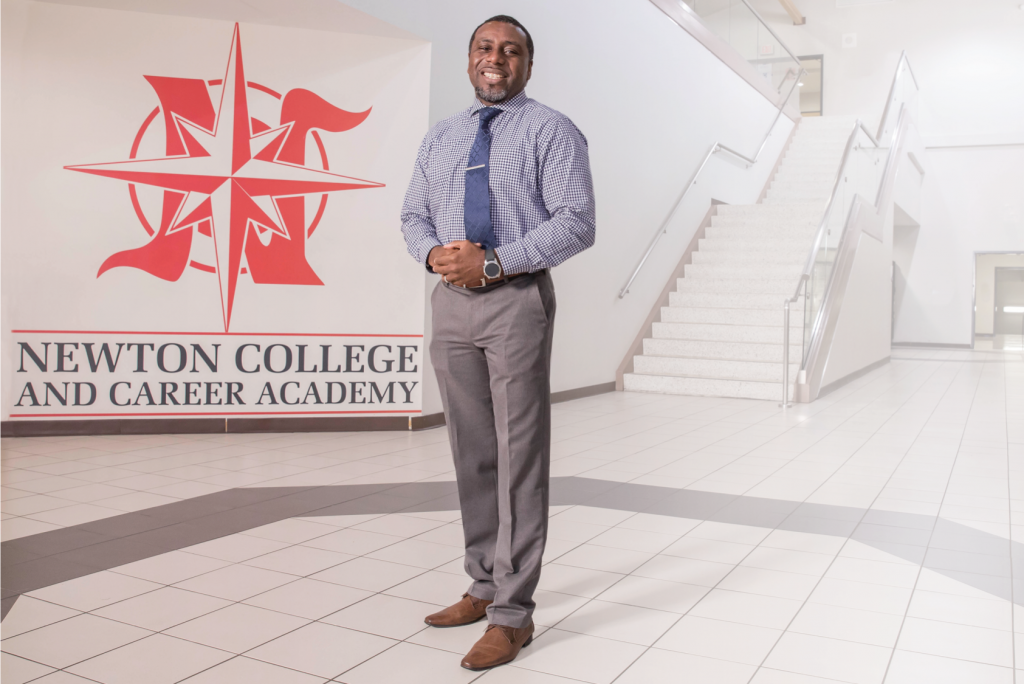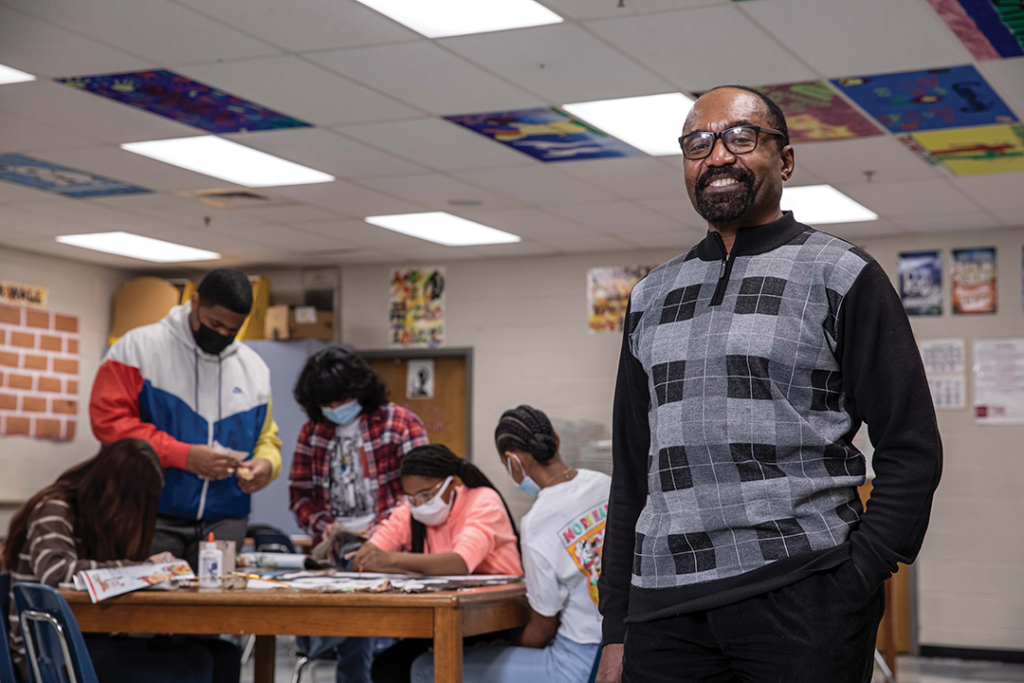Porterdale’s Bowl O Flames restaurant thrives under owner Thy Duong, who survived the brutal Khmer Rouge regime and state-sponsored genocide in his native Cambodia.
Foodies know where to find good eats, and they are rarely cooked in fancy buildings. Some of America’s best cuisine can be enjoyed while standing beside tiny roadside shacks too small for tables. It is discovered at counters tucked behind shelves bowing under the weight of ethnic groceries or inside narrow strip-mall storefronts squeezed between dry cleaners and beauty parlors.
In Porterdale, the good stuff can be found behind the gas pumps at the Shell station on the corner of Ga. 81 and Crowell Road. To the left of the barber shop, a red-lettered door marked with “Bowl O Flames” heralds the area’s most unique Asian restaurant.
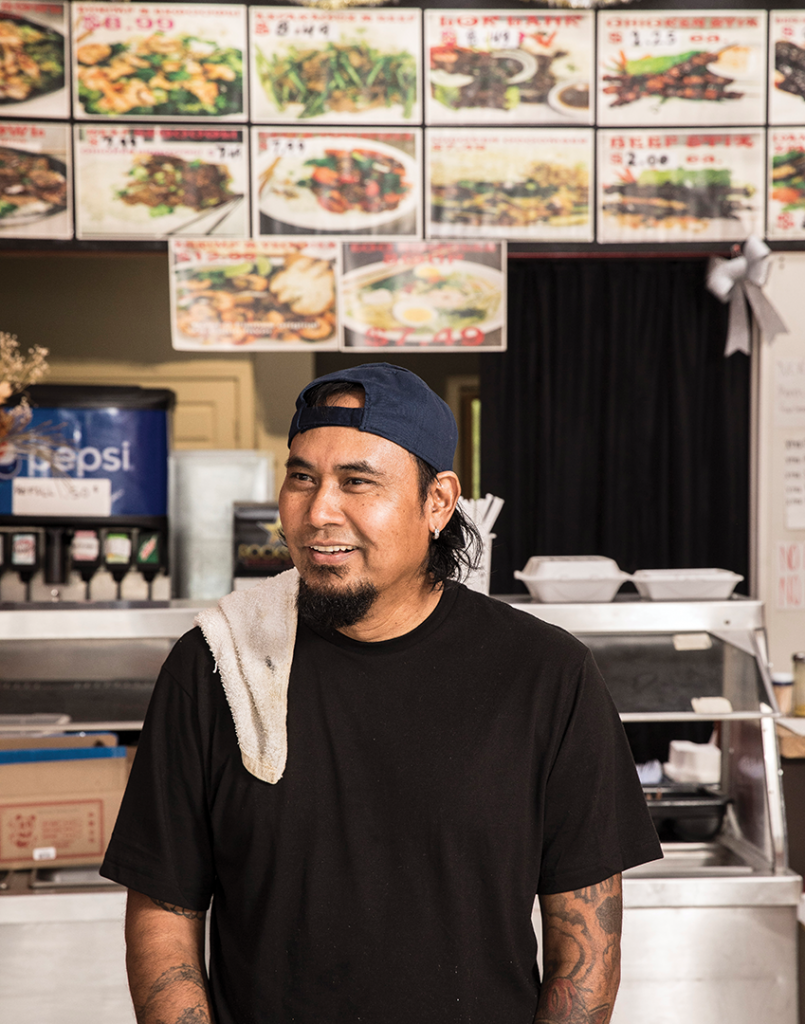
Cambodian cuisine is fairly rare in the metro Atlanta area, even along famous Buford Highway. Yet chef Thy Duong and his wife, Kristie Sok, have been serving it in Porterdale for three years. Although the restaurant’s “Student Noodles” look similar to pad Thai and huge bowls of steaming “Mee Mama” could pass for Vietnamese pho, Cambodian food has its own distinct flavor profiles.
“I love creating flavors,” Duong said. “I’ve been cooking my whole life, to feed my family.”
“There’s so much I could tell you about being a child in the Killing Fields, but we don’t have time to go into it all. I didn’t know there was another life other than the one I had, where kids would run around playing and step over bodies in the road. I thought everyone lived like that.”
Bowl O Flames Owner Thy Duong
Born in Cambodia, Duong spent the earliest years of his life near Battambang, the South Asian country’s second-largest city. Growing up under dictator Pol Pot’s Khmer Rouge regime left Duong and other children with a distorted view of reality.
“There’s so much I could tell you about being a child in the Killing Fields, but we don’t have time to go into it all,” he said. “I didn’t know there was another life other than the one I had, where kids would run around playing and step over bodies in the road. I thought everyone lived like that.”
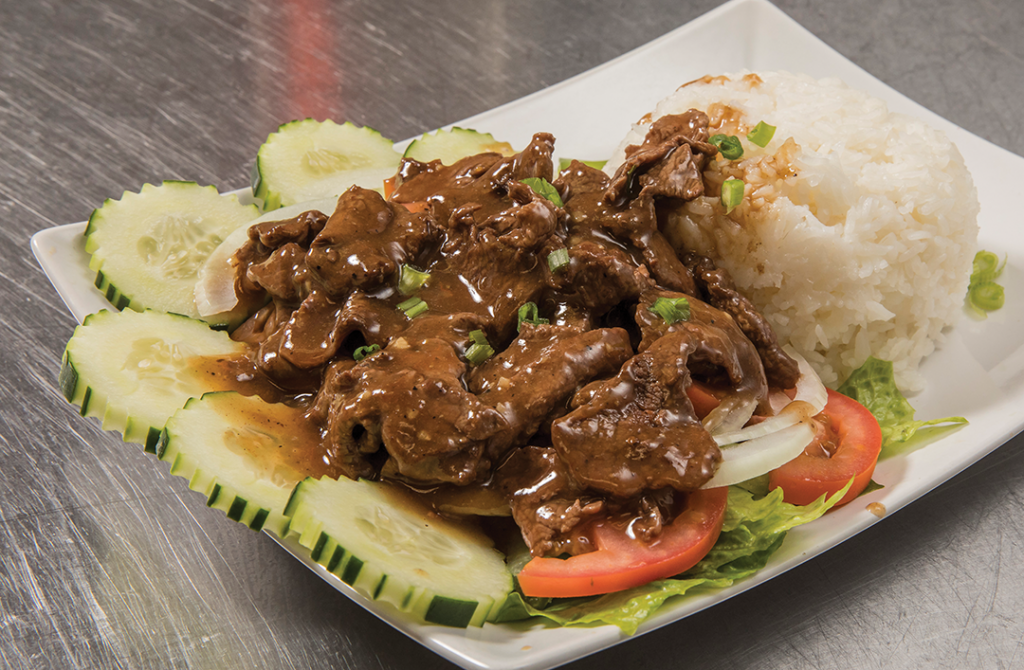
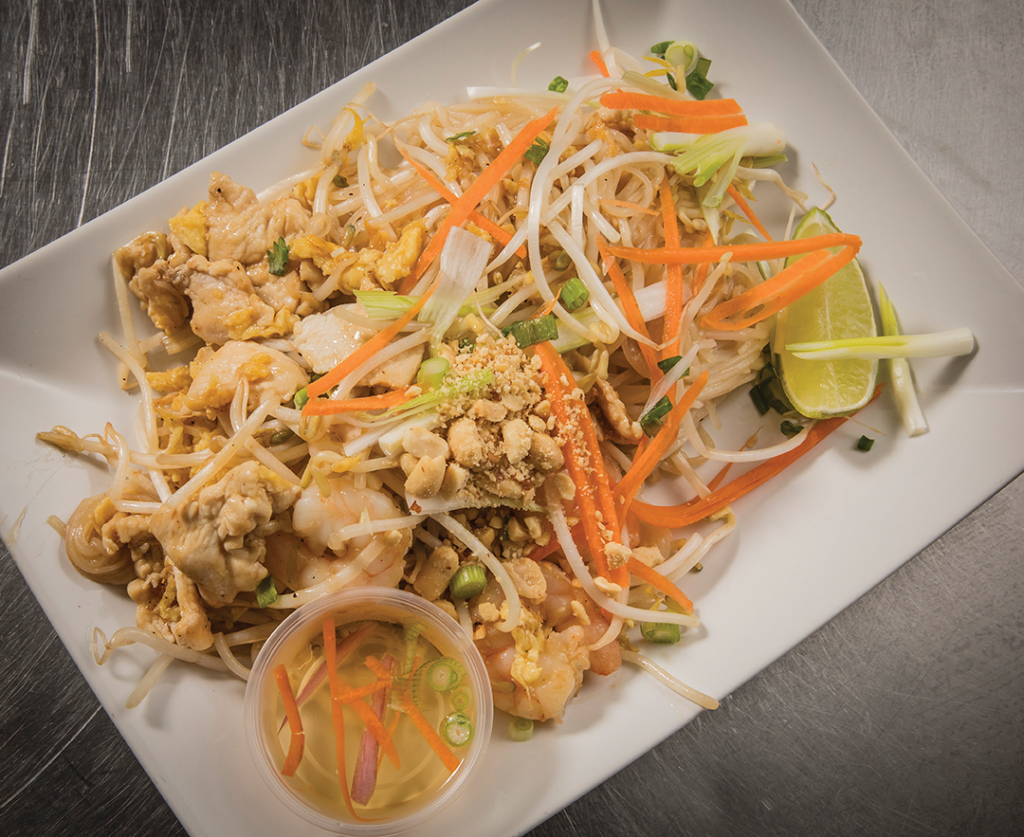
Duong’s father was one of the millions of Cambodians killed in the state-sponsored genocide that decimated a quarter of the country’s population. When the Vietnamese invaded Cambodia in 1979 and brought an end to the Khmer Rouge, Duong’s family made the long journey to a refugee camp in Thailand. With his mother, three brothers and one sister, Duong survived difficult camp life for three years.
“It was a [United Nations] camp. We lived in a small hut and picked up food once a week,” he said. “There was a school for us kids and we learned a little English but not much. We put in applications to come to every country. People from the camps went to France, Germany, America, other countries. Where you went depended on who sponsored you.”
Duong’s family was eventually sponsored by the United Cambodian Community in Long Beach, California. As they prepared to leave Cambodia, they were unsure of what to expect of life in America.
“I thought French people and American people were the same, because there were French people in Cambodia,” Duong said. “When we got to America, I got very excited. There were so many cars. We had basically lived in the fields and the jungle; this country was so amazing to me. I had never seen anything like it.”
Duong’s family settled into the close-knit Cambodian community in Long Beach, where he eventually met his wife. Her refugee family had been sponsored by a church in Decatur, and she grew up in the Atlanta area before moving to Long Beach. Along with Sok’s two children from a previous marriage, the couple has three children together. When Sok’s father passed away six years ago, the whole family moved back to Georgia to be near her mother.
“Daughters are more valued than sons in Cambodian culture,” Duong said. “Instead of the oldest son, it is the oldest daughter who is responsible for taking care of her parents.”
The couple first opened a hair salon, but slow business and their love of cooking led them to try the restaurant business instead. They chose Porterdale as the home of Bowl O Flames after the prompting of a cousin who lives nearby. Although Newton County is much different from Long Beach, Duong affirmed that his family likes the area.
“People here are totally different from in Long Beach,” he said. “In California, you see people from every nation, every culture, all in one place, everywhere. It’s not like that here, but the people are so nice.”
Duong and Sok frequently attend the Buddhist temples in Lithonia and Riverdale, an area that boasts Atlanta’s largest concentration of Cambodian immigrants. Cambodian natives from around the metro Atlanta area drive to Porterdale to enjoy a taste of home. Bowl O Flame is open Monday through Saturday, from 11 a.m. to 9 p.m., and also offers catering services for large events.
Click here to read more stories by Kari Apted.

